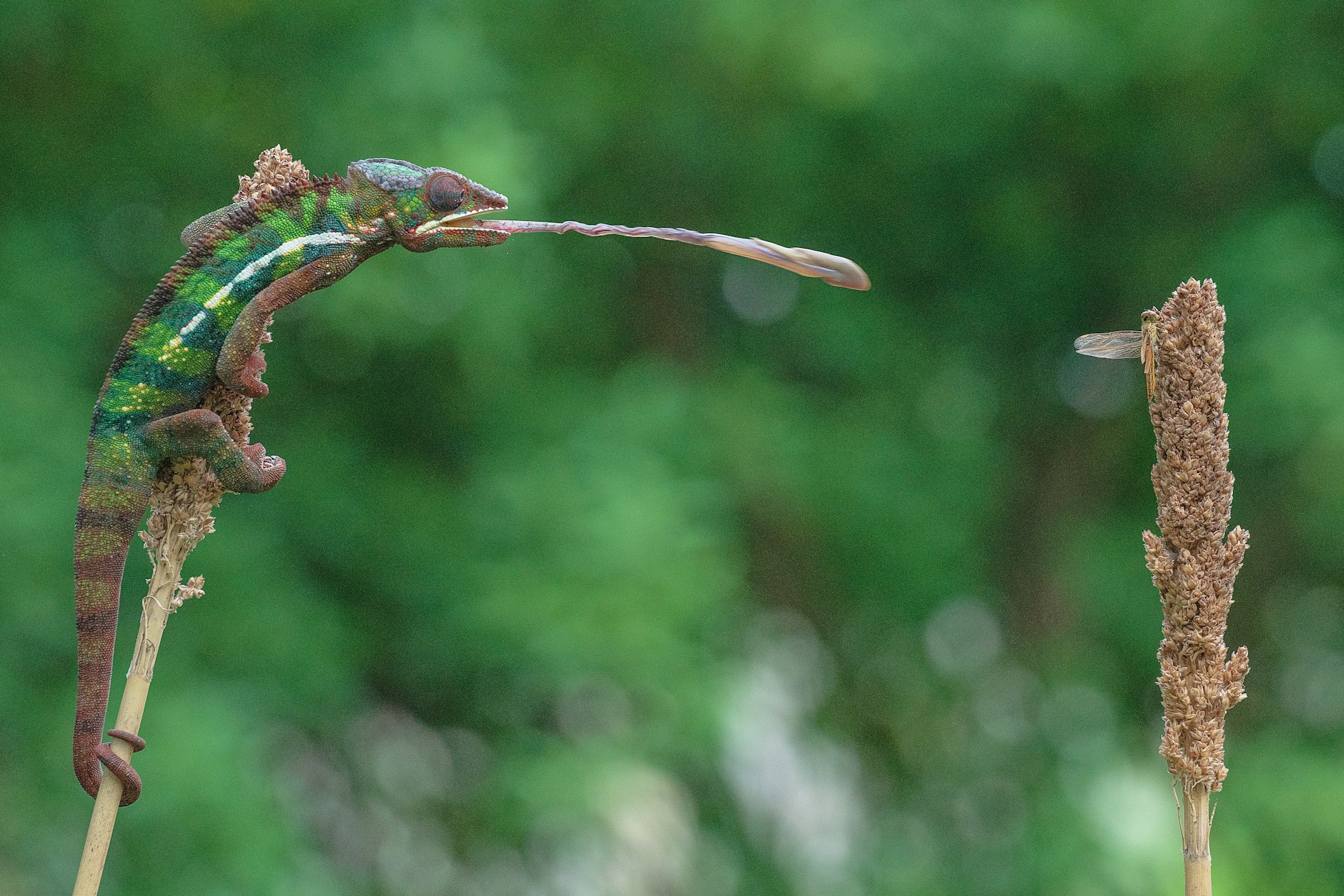What Is the Role of Edible Insects in the Future of UK Sustainable Diets?

In our rapidly evolving world, where the concern for sustainable food production is increasing, the consumption of edible insects is gaining significant traction. Could these tiny creatures be the future of food in the UK? This article explores the potential of insects as a food source, the nutrition they provide, the scope for new market creation, and the societal attitudes towards the consumption of insects.
The Potential of Edible Insects as a Food Source
Insects have long been part of human diets in many parts of the world. However, in the UK, the concept of insects as food is still relatively novel. This section delves into why insects could be a promising alternative protein source.
A lire aussi : How Can Blockchain Secure UK’s Digital Voting Systems?
In the face of growing concerns over food security and environmental sustainability, insects emerge as a practical food solution. They are rich in protein, vitamins, minerals and healthy fats, making them highly nutritious. According to a study by the Food and Agriculture Organization of the UN, insects like crickets, mealworms and beetles provide similar amounts of protein as conventional meat, sometimes even more.
But it’s not just about the nutrition they offer. Incorporating insects into our diets can also play a significant role in achieving sustainability. They have a much smaller environmental impact than traditional animal agriculture. Their production involves considerably lower levels of greenhouse gases, less water, and less land.
Cela peut vous intéresser : What Are the Latest Innovations in Noise-Cancelling Technology for Urban Environments?
Creating a Market for Insect-based Foods
Creating a viable market for edible insects requires overcoming various challenges. Not only do consumers have to be convinced of the nutritional and environmental benefits, but they also have to overcome the ‘yuck factor’ associated with eating insects.
According to a crossref survey, approximately two-thirds of the population would be willing to incorporate insects into their diet if they were processed and didn’t look like insects. This presents an opportunity for food companies to develop innovative, insect-based products that appeal to consumers.
In recent years, numerous companies have ventured into the edible insect market, offering products ranging from cricket flour to insect protein bars. Google trends show an increasing interest in insect-based foods, indicating a shift in consumer perception.
Incorporating Insects into the UK Education System
To ensure the long-term acceptance and success of edible insects in the UK, it is crucial to incorporate them into the education system. This section explores how learning about edible insects can help students understand the importance of sustainable food choices.
Schools play a pivotal role in shaping attitudes towards food. By including edible insects in the curriculum, schools can help eradicate the prevalent stigma associated with insect consumption. This could range from studying the nutritional benefits of insects in science classes, to practical cooking lessons using insect-based ingredients.
Moreover, initiatives such as insect farming projects can provide students with hands-on experience and a better understanding of sustainable food production. Such exposure at a young age can foster a generation of conscious consumers, open to innovative, sustainable food choices like edible insects.
Societal Attitudes towards Insect Consumption
Despite the clear benefits, societal attitudes towards insect consumption remain a significant barrier in the UK. This section discusses the prevalent perceptions and how they can be shifted.
The idea of eating insects tends to evoke a sense of disgust in many people. This is largely due to cultural norms and unfamiliarity. However, societal attitudes are not set in stone and can change over time.
Public opinion can be swayed through education, marketing, and exposure. Familiarizing people with insect-based foods, emphasizing their nutritional benefits, and promoting them as a sustainable, ethical choice can help normalize insect consumption.
In conclusion, edible insects present an opportunity for the UK to advance towards a more sustainable and resilient food system. It requires a collective effort from food companies, educational institutions, policy-makers, and consumers. With the right measures, insects could very well become a staple in the future of UK diets.
Public Health and Food Safety Concerns of Edible Insects
The acceptance of edible insects as a food source is not without its issues; public health and food safety are valid concerns that need to be addressed. This section delves into these concerns and discusses ways to ensure that insects are safe to eat.
Insects are known to carry pathogens and toxins which can cause diseases in humans. Moreover, the processing methods used to convert insects into food could potentially lead to microbial contamination. However, according to a study referenced on Google Scholar, the risk of zoonotic diseases from insect consumption is relatively low, and proper cooking and processing methods can negate these risks.
For instance, freezing the insects before cooking can kill bacteria and pathogens. Furthermore, food safety regulations such as HACCP (Hazard Analysis Critical Control Points) and GMP (Good Manufacturing Practices) should be implemented in insect farming and processing plants to ensure the cleanliness and safety of the final product.
Furthermore, allergenicity is another concern with insect consumption. Some individuals may have allergic reactions to certain insect species. However, this is no different from common food allergies such as shellfish, nuts, or dairy products. Clear and accurate labeling on insect-based products can help consumers make informed choices.
Regulatory Framework for Edible Insects in the UK
As novel food, edible insects fall under the jurisdiction of complex regulatory frameworks. This section discusses the role of regulations in promoting consumer acceptance and ensuring the safety and sustainability of edible insects.
The European Food Safety Authority (EFSA) classifies insects as a novel food, meaning they are subject to strict safety assessments before they can legally enter the market. This can be a lengthy and costly process which can hinder the growth of the edible insect industry. However, these regulations are essential to ensure that edible insects are safe to consume and are produced in a sustainable manner.
Regulations not only protect consumers but also provide guidance for insect farmers and food businesses, ensuring that edible insects are farmed, processed, and marketed in a way that is safe, ethical, and sustainable. They can also help to build consumer trust in insect-based foods.
Moreover, regulatory support can encourage innovation in the insect industry. For instance, government grants can help fund research into new insect farming methods or technologies that can make the production of edible insects more efficient and sustainable.
Conclusion: The Future of Edible Insects in the UK
In conclusion, edible insects have the potential to become a significant part of sustainable diets in the UK. They offer numerous environmental and nutritional benefits, and there is a growing interest in insect-based foods.
However, there are still barriers to overcome. Public health and food safety concerns need to be addressed, and the regulatory framework for edible insects needs to be more supportive of the industry. Furthermore, societal attitudes towards eating insects need to shift.
Through education, marketing, and exposure, we can help normalize insect consumption and make it more palatable to the public. With the right strategies, we can tap into the potential of edible insects and move towards a more sustainable and resilient food system.
In the face of growing food security issues and environmental concerns, edible insects present an innovative and sustainable solution. It is our responsibility to explore and harness this potential for the betterment of our society and the planet. The future of food in the UK may indeed include more crickets, mealworms, and beetles, but it is up to us to pave the way for this change.
